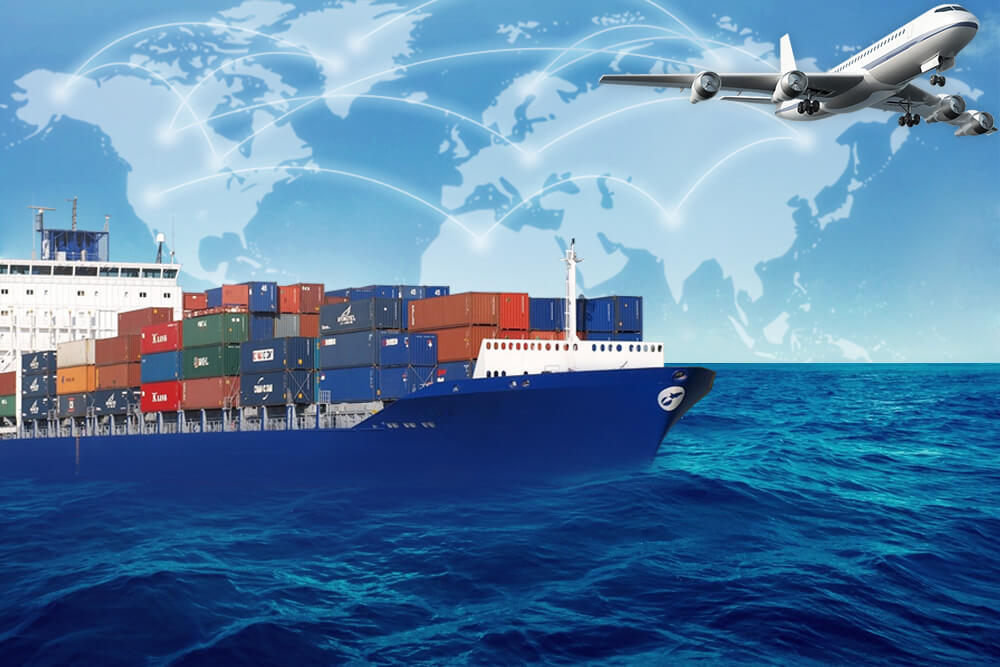In the previous blog, Freight Forwarding: Air Freight vs. Sea Freight – Part I, we discussed the first four components to consider in choosing a freight forwarder. We talked about how speed, reliability, cost and capacity affect a business decision in choosing a carrier. In this article, we are going to discuss in detail the remaining four components, which are destinations, tracking, logistical complications and environmental impact.
Destinations
Air freight offers more flight options since there are many airports in major cities in the world. This means that you can save on trucking costs if the shipping destination is far from the ocean ports. Ocean freight, on the other hand, can use short sea shipping which utilizes inlets like rivers for cargo shipping; however, this can add delay to the delivery of the cargo. In this component, air freight wins over ocean freight.
Tracking
When it comes to shipping your cargo, you always want to have visibility over the shipment. Tracking is very important and has been given the same level of importance in sea and air freight. Back office offshoring solutions tracking systems allow businesses to see the status of the cargo from departure to arrival. Whether you choose to ship by air or sea, rest assured tracking is something you don’t need to worry about.
Logistical Implications
Regardless if you are using sea or air freight, you will encounter logistical complications. You will always come across with paper works, customs clearance, regulations and fees. And every destination varies in rules, regulations and fees. That is why having offshore freight forwarders who are experts in the processes and in taking care of your cargo is an advantage. These operators will make sure that the process of shipping your cargo runs smoothly.
Environmental Impact
Everyone has a responsibility to take care of our environment not just for our sake, but also for the coming generations. How the organisations affect the environment will also have a big impact on customer perspective. In international shipping, which carrier is the most environment-friendly?
Ocean freight contributes to oil spills from shipwrecks; however, the impact is not as much as greenhouse gas emissions. Carbon footprints are larger in air freight than sea freight. Studies show that the larger the ocean shipping vessel is, the lesser CO2 emissions it has; while air freight emits 300 percent more CO2. For environmental impact, sea freight takes home the first prize.
So far, by comparison, it’s a tie between air and sea freight. The reasons were already discussed in the previous article and on this one. One other reason why air and sea freight is just as favourable as the other is because a company’s cargo and shipping needs differ. Some companies may have large and heavy cargo; others may want to save cost or want to have the shipment delivered fast. The organisation weighs which factor is more important to them, and these are their basis in choosing an international shipping carrier.


